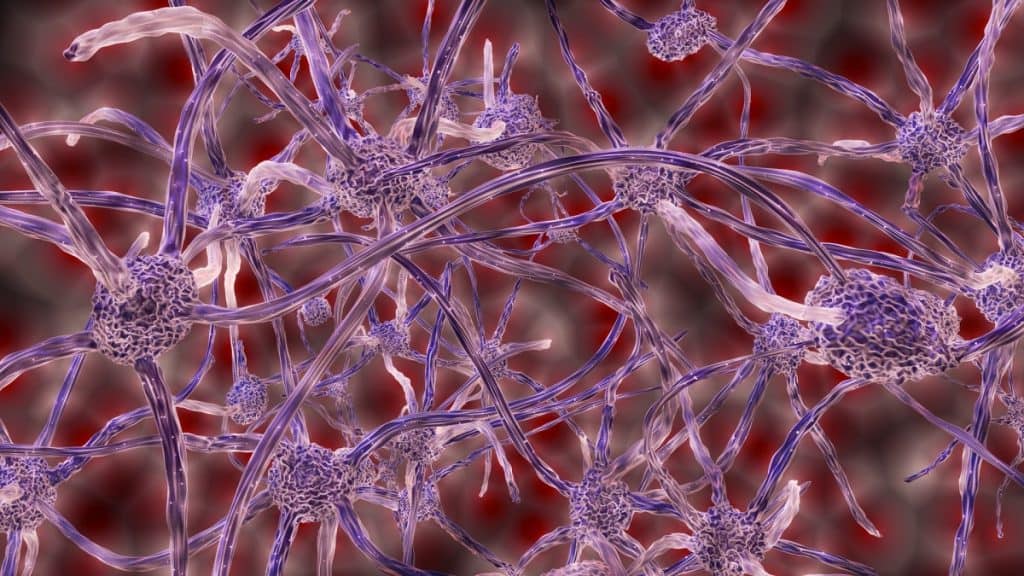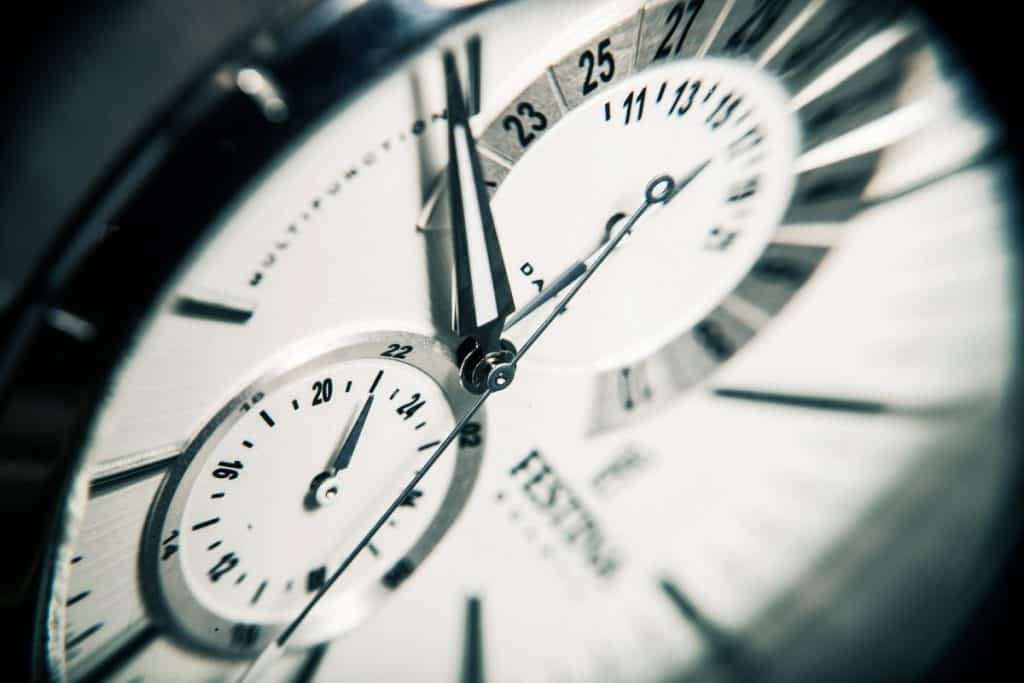The Keto Diet is great for losing weight. But what if there was a way to super-charge your efforts that does not take much work and no money? Would you do it? That is what Intermittent Fasting does in combination with the Keto Diet.
So what is Keto Diet with Intermittent Fasting? You cycle between fasting – calorie restriction and the normal Keto Diet. You will have an eating window of 4 to 8 hours, then fast for the rest of the time. You can do Intermittent Fasting once a week, twice a week or everyday. Listen to your body and how you feel. Start slow and work up.

Is there a better time of the day to be doing your Intermittent Fasting? How does Intermittent Fasting work? Let’s discuss these questions and more below.
Intermittent Fasting is a term used to describe a way of restricting your food intake to a specific window of time. For example, fasting for an 18 hour window and eating for 6 hours.
By adding Intermittent Fasting to your Keto Diet you are adding a powerful tool for health. Too start, you determine an eating window. Try an 8 hour window. Skip breakfast and eat at 10:00 am. Then have dinner at 6:00 pm.
If that is too hard push breakfast back an hour from your normal for a week. Then push it back another hour. This is what I have done and am now on a four hour eating window from 2:00 pm to 6:00 pm. I don’t even think about breakfast anymore. Be patient and give your body time to adjust to the new feeding schedule. It will.
Some have gone to one meal a day. I do this once a month, when I don’t have much going on. It’s not to bad.
On a Keto Diet we are using the fats we consume as fuel for the body. When Intermittent Fasting the body does not have the fat coming in from food consumption and gets the fuel from the fat stores of the body.
Benefits of Intermittent Fasting-
Autophagy-
The process by which the cell devours itself. This sounds horrible, but you need to consider what is actually happening. It’s latin for “self-cleaning”

When the cells undergo autophagy, non-essential parts like damaged proteins are recycled and invading microorganisms and toxic compounds are removed.
Autophagy is playing a pivotal role in stopping the aging process, reversing disease, and preventing cancer. This process doesn’t happen all the time. There are different autophagic processes that are started by fasting, protein restriction, and carbohydrate restriction. The Keto Diet helps with a few of the processes, but by adding Intermittent Fasting, it improves the diet even more.
Mental Clarity-
Once you have become keto-adapted, you can fuel your brain on ketones, which come from the breakdown of fat in the liver.

Your brain is a huge consumer of energy, and fat is a great source of fuel for it to run on. You will not undergo the swings in blood sugar from a carbohydrate rich diet. I remember being so hungry and having that drop in energy. Needing a pick me up snack. With the Keto Diet you don’t need that.
Intermittent Fasting helps build a better brain as well. By fasting your body increases a protein call Brain-derived neurotrophic factor, also known as BDNF, that has been nicknamed “Miracle-Gro” for your brain. BDNF boosts learning and memory may help you construct stronger neural pathways, helping your brain run faster and more efficiently. Which we all need as we age.
After you get used to fasting, you should start to eat when you get hungry. Don’t plan your fasting, instead let it just happen. Then eat as you get hungry. Most of the energy will come from the fat in your foods and the stores from your body. That means your dynamite brain will be full power at all times.
Physical Fitness-
I have heard you need a pre and post workout meal. If you don’t you are losing muscle and gains. This isn’t necessarily true and might put your fears to rest. A study found that a single 24-hour fast increased human growth hormone (HGH) by 2,000% in men and 1,300% in women. HGH has a vital role in building muscle. By boosting your levels, you will have a big impact on your physique. Further research shows that with higher levels of HGH, your body fat levels are lower, and you have higher lean body mass and improved bone mass.
And want to recover faster after a hard workout, HGH can help with that. HGH also drives muscle protein synthesis, which speeds up repair, and recovery.
Slows Down Aging-
Your stem cell production will increase with fasting. Your body uses stem cells to replace old or damaged cells. They can be turned into any kind of cell. They help keep you young on a cellular level. Stem cells are wonderful for rejuvenating your skin, joints, and old injuries. They have been helpful with chronic pain. So many benefits just by fasting.
Lowers Inflammation-
A great way to lower oxidative stress and body-wide inflammation markers is with Intermittent Fasting. Keeping these stressors low will help increase your longevity and keep your body running better. These stressors also drive poor performance, aging and disease.
Intermittent Fasting allows the cells of the body to do maintenance that won’t be done unless you are in a fasting state. It’s awesome that fasting makes your body stronger when you are short on food.
How Long Can You Go Without Food-
Once you start Intermittent Fasting you may notice that you get hungry, or you start have cravings for certain foods. This is your mind reacting to the lack of food. Just because you feel like you are going to starve doesn’t mean you will.

That hungry feeling is coming from a hormone called Ghrelin. It is produced mainly in the stomach. Small amounts are also produced in the small intestine, pancreas and brain.
Your body is used to meal-time and starts the production of Ghrelin to remind you to eat. As you put off eating the levels of Ghrelin lower. You can get through it. Your body will adjust to the new eating schedule.
But how long can you go without eating? Gandhi made it 21 days without food, while only taking sips of water. One monk made it 36 days after he set out for a 40 day fast.
Keep these examples in mind as you do your Intermittent Fasting. Especially as you start and your mind plays tricks on you to get you eat. We are not going for days, we are going for 16 to 20 hours.
Watch Out-
If you are eating a lot of carbohydrates, you will have yo-yoing blood sugar. After a high carb meal your blood sugar will rise and then gradually decline as you fast. With carbs you will run out of energy with the crash in blood sugar. When your cells run low on fuel, they will start demanding that you give them more carbs.
Your blood sugar will spike as you eat. If you are fasting on a high carb diet and survived the intense cravings and lack of energy, there is a good chance you will binge on big meals. You will store those extra calories as fat.
Related Questions-
How do I start intermittent fasting and Keto? Have your diet filled with healthy, whole, fat foods. Start on the Keto Diet at least a week before Intermittent Fasting. Aim for 16 to 20 hours of fasting and eating for 4 to 8 hours in the day.
How much weight can you lose with intermittent fasting? Intermittent Fasting can help you safely lose 2-3 pounds of fat every week. Losing weight with Intermittent Fasting is great in that you never have to count calories and you do not have to plan a meal a day for however long you do it.
Will intermittent fasting put you in ketosis? Intermittent Fasting can put you in ketosis faster because your cells will quickly consume your glycogen stores and start burning fat for fuel. It does not put you in ketosis, it helps you get there faster.